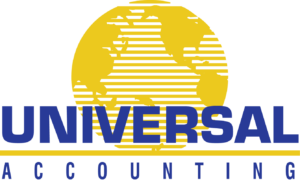Setting SMART GoalsThe First Step to Great Success
(Part Two of a Two-Part Series)
“Give me a stock clerk with a goal and I’ll give you a man who will make history. Give me a man with no goals and I’ll give you a stock clerk.” —J.C. Penney“If one does not know to which port one is sailing, no wind is favorable.” —Seneca
Last week we discussed the importance of goal setting. This will enable you to chart your course to success. Otherwise you may wander aimlessly, wondering why you never see the results you’d like.
Share this post: on Twitter on Facebook on Google+




